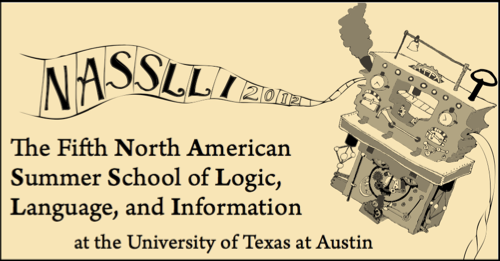Green's Dictionary of Slang: An Appeal
In the April 3, 2011 issue of the New York Times Book Review, I appraised Jonathon Green's wonderfully comprehensive three-volume reference work, Green's Dictionary of Slang (GDoS to its friends). I concluded the review essay thusly:
It's a never-ending challenge to keep up with the latest developments in the world of slang, but that is the lexicographer’s lot. Green plans to put his dictionary online for continuous revision, which is indeed the direction that many major reference works (including the O.E.D.) are now taking. In the meantime, his monument to the inventiveness of speakers from Auckland to Oakland takes its place as the pièce de résistance of English slang studies. To put it plain, it’s copacetic.
Now, at year's end, it turns out that Green's plan to make GDoS available online has run into some trouble. He asked me to post the following appeal on Language Log, responses to which should be directed to him (email address below).
Read the rest of this entry »

